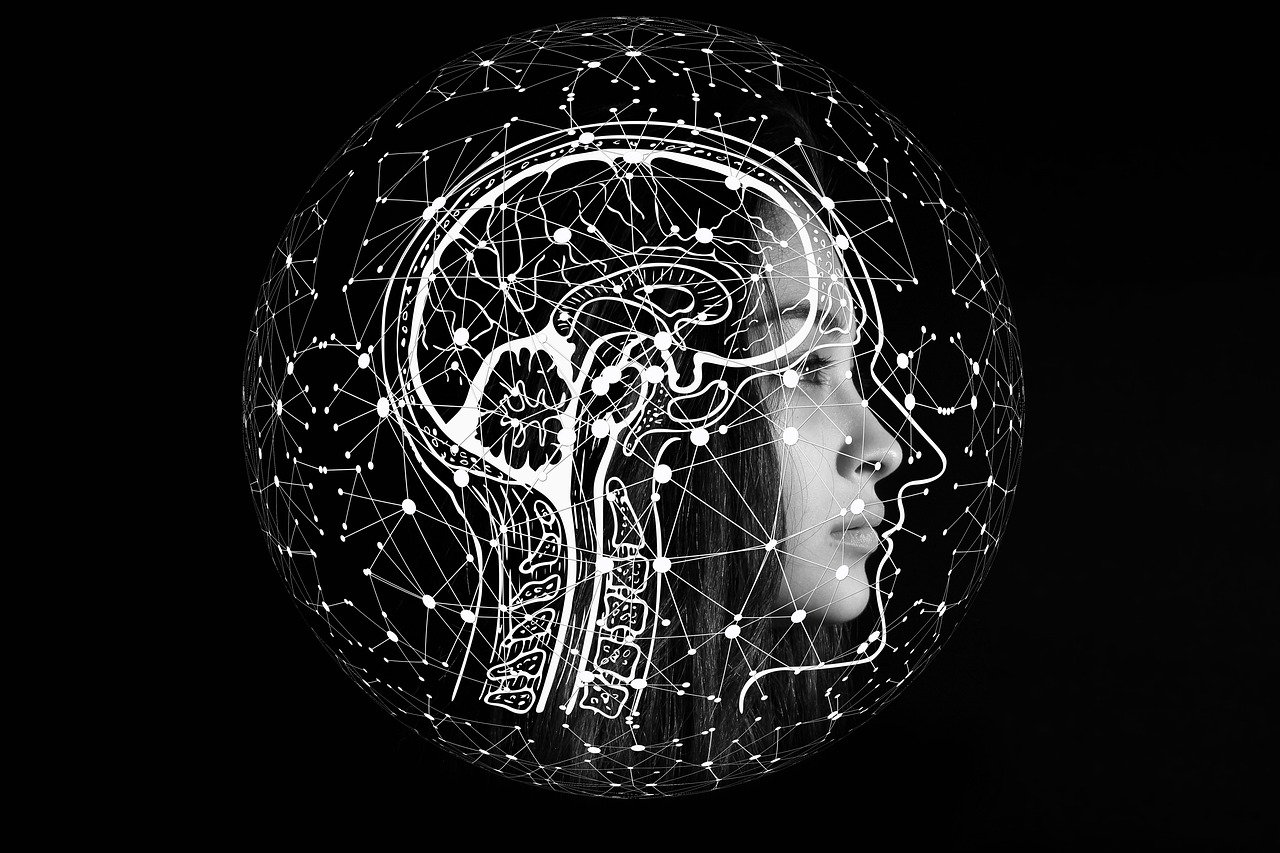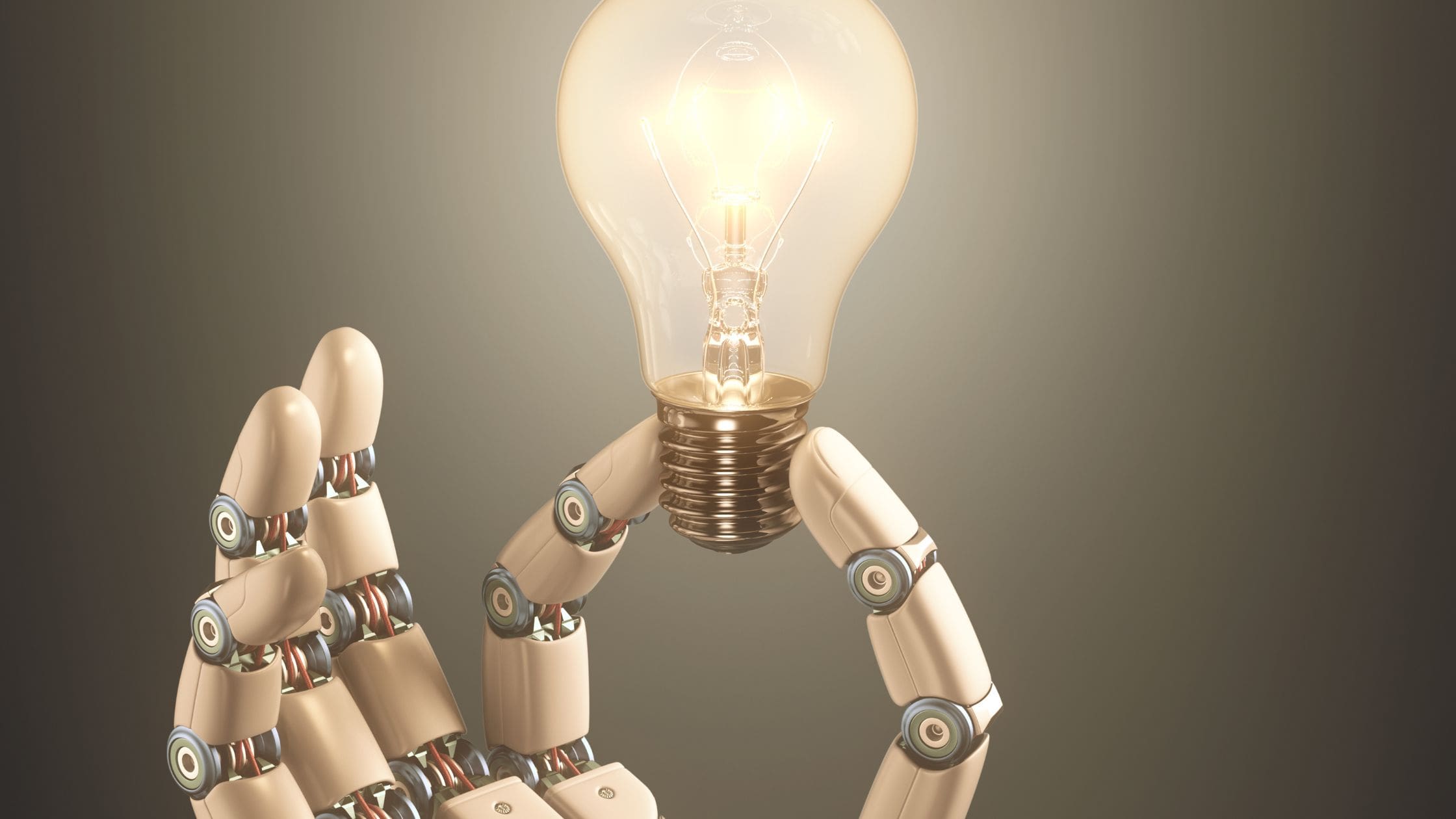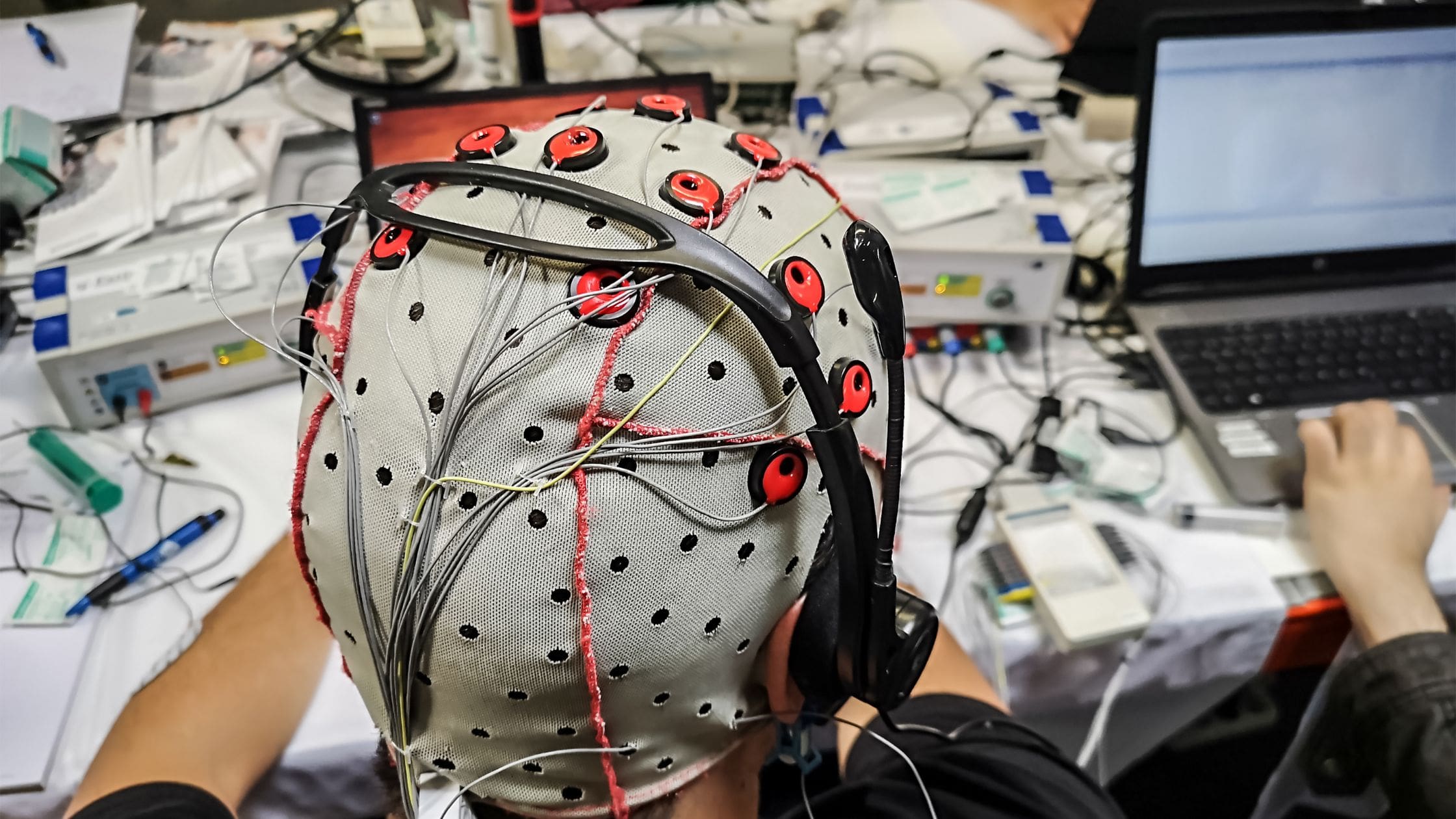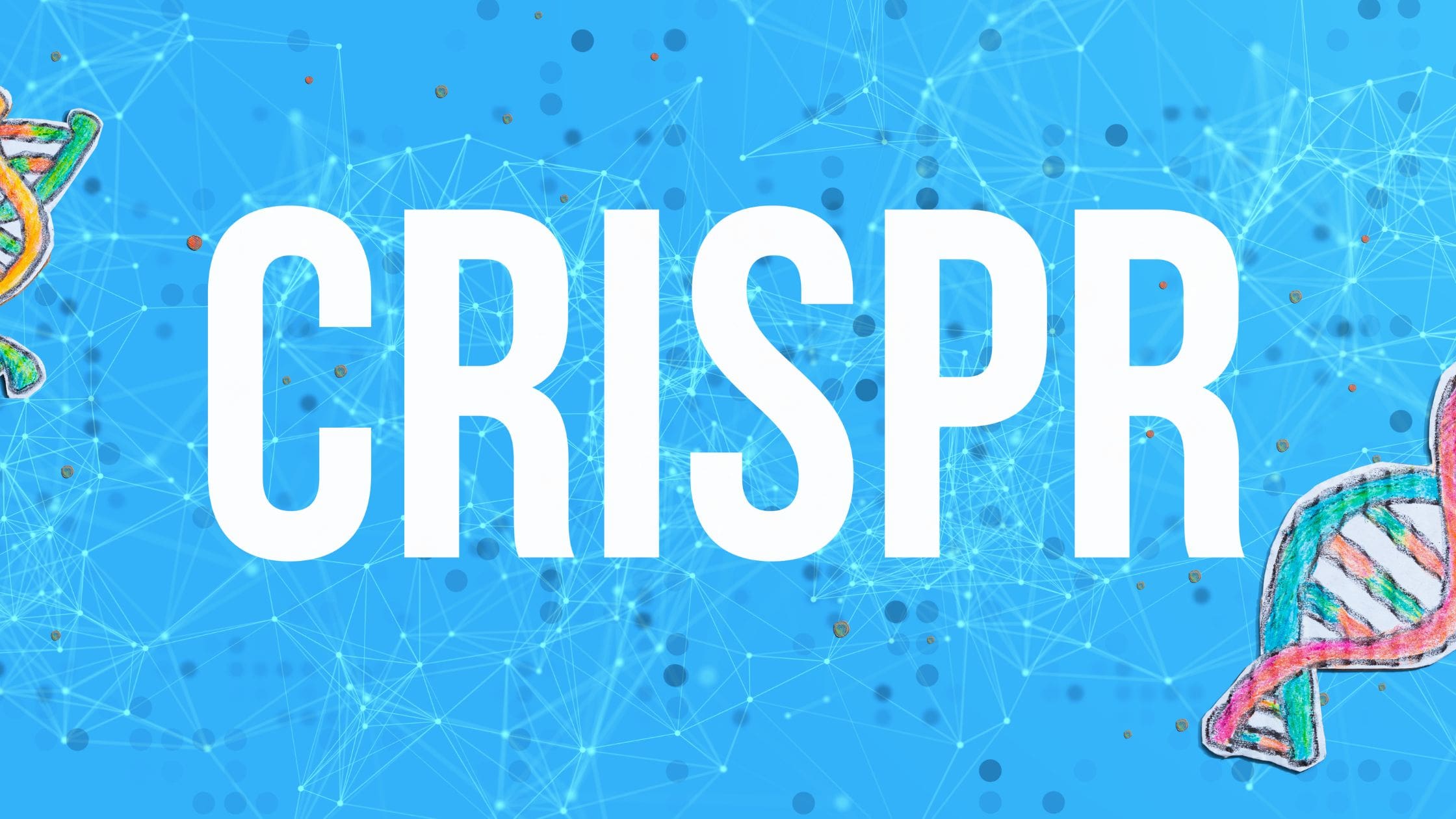The human brain is the complex, and in many ways mysterious, organ responsible for human actions and thought. From cognitive behavior to conscience and sub-conscience, the myriad ways the human brain works has been the focus of scientific research for centuries.
With rapid advances in technology, brain science and research continue to experience frequent breakthroughs in how we understand the workings of the mind and better utilize its abilities. Looking at the various aspects of brain science, outlined here are six startups that are combining neurotechnology and brain science to make ambitious advancements in this field.
1. Neuralink
Neuralink made headlines in 2018 when its founder and primary financier, Elon Musk, claimed the company wanted to “enable anyone who wants to have superhuman cognition.” But how exactly are they aiming to achieve that?
While there is plenty of mystery surrounding Neuralink, Musk said the goal is to have humans “effectively merge with AI” by building implants to link human brains with computers.
This would, in theory, allow humans to create a snapshot of themselves through which they can live on even when their bodies die. “If your biological self dies, you can upload into a new unit. Literally,” Musk said. It may seem a fanciful ambition, but Musk believes enough in Neuralink to put $100 million of his own money into the company.
2. Kernel
Building on an existing and technology shrinking it, Kernel has taken a room-sized brain-machine that examines and measures electrical impulses and blood flowing through the brain and condensed it into a helmet, making the machine much cheaper and more accessible.
These machines analyze neurons as they fire and can reveal more about how the brain works. Kernel founding CEO Bryan Johnson said, “This triggers a new era of access to the mind and the ability to ask all sorts of new questions about ourselves.”
Initially intending to build memory prostheses, allowing for external storage and upload of human memories, Kernel has changed tack and will utilize the machines and its technology to identify and treat brain diseases such as depression and Alzheimer’s.
3. Synchron
Based in California and Melbourne, Australia, Synchron is a brain-computer interface company that is developing “minimally-invasive technology . . . with broadband capability” products. These products can be used to help diagnose and identify various neurological disorders, including speech deficits, depression, epilepsy, and paralysis.
One of Sychron’s products is the Strentrode, which is an implant that is designed to provide a safe way for paralyzed patients to have brain control of mobile-assistive devices. According to Synchron’s website, a first-in-human clinical trial is underway to evaluate the safety and efficiency of Strentrode.
With the backing of, among others, the US Department of Defense, Synchron looks set to make an impact in the advancement of neurotech and brain science.
4. Flow Neuroscience
Combining brain stimulation and behavior therapy, Flow Neuroscience has created a medication-free depression treatment headset. Brain stimulation is delivered through the wireless headset, which is controlled by the Flow – Depression app.
As well as the headset, Flow Neuroscience provides users with a complete treatment program that can help them make lifestyle changes to possibly reduce depression and its symptoms.
According to the World Health Organization, more than 264 million around the world and of all ages suffer from depression, making it the leading cause of disability
worldwide.
Effectively combating, curing, or managing depression has often involved the use of medication, albeit with side effects and the potential for addiction. Encouragingly, Flow Neuroscience claims that brain stimulation technologies like the company’s headset will help 24 percent of people overcome depression, while 41 percent will feel at least 50 percent better after six weeks of treatment.
5. Headsafe
Australian company Headsafe received some breakthrough news at the start of May 2020 when its flagship product, NUROCHEK, was granted FDA clearance, allowing the company to begin commercial operations in the United States.
The NUROCHEK system is a portable device that can quickly and accurately assess brain function in under 3 minutes. The data is then transferred to a smartphone app for analysis and cloud storage. The standard process for attaining the same results requires going to the hospital for a SCAT 5, a test that takes 20 minutes.
NUROCHEK’s primary function, at present, is to quickly diagnose a concussion. Headsafe aims to become a constant feature in elite sports medicine as well as a vital tool in diagnosing concussions during school and community sports.
6. Thync
A startup that focuses on bioelectronic products, Thync has so far developed two wearable devices that attach to the back of the neck and can combat stress and ensure better sleep.
Thync’s lead product, the Thync Relax Pro, uses low levels of electrical stimulation to activate nerve pathways in the head and neck, which encourage reductions in stress and greater quality of sleep.
Thync has also launched two patches focusing on increasing energy levels: the UseYourHead Energy Patch and the FeelZing Patch.











